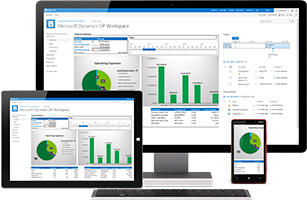In our last entry, we were discussing Business Rules enhancements found in Microsoft Dynamics CRM 2015. Business Rules were introduced a year ago, and the feature provides a great way to achieve the most common and simple validations without coding skills. Analysts can easily create advanced business logic through a declarative point-and-click interface to perform actions within Microsoft Dynamics CRM.
The initial release of Business Rules could only evaluate whether all the conditions in a rule were true. In this latest release, in addition to the AND operator, you can use OR and If-Else to build more complex and rich business rule logic with less effort. It is now a simpler task to create commonly used branching logic. The business process flow branching capability is built on the new If-Else logic.
Another new feature is the ability to evaluate business rules on the server. When you set the scope of a business rule at an entity level, the rule is evaluated on the server. You can evaluate business rules on the server and apply them to all clients without writing code. For example, you can move the logic for commonly used scenarios out of plug-ins into the entity-level business rules that you define in the CRM user interface. In addition, the Business Rules feature now supports setting default values. As an example, if your organization only does business in the United States, you can create a simple business rule such that on the creation of an incoming lead, the country is automatically set to U.S.A.







